Climbing Mount Kilimanjaro, Africa’s highest peak, is a physically demanding and mentally challenging adventure. However, the rewards go beyond the breathtaking views and the sense of accomplishment at the summit. This monumental trek offers numerous fitness benefits that can significantly improve your health and well-being. From enhancing cardiovascular fitness to boosting mental resilience, climbing Kilimanjaro is a transformative experience that impacts both body and mind.
Cardiovascular Fitness Boost
One of the primary fitness benefits of climbing Mount Kilimanjaro is the improvement in cardiovascular health. The extended period of physical activity required to ascend the mountain increases your heart rate, promoting better circulation and heart function. The long hours of trekking at varying altitudes challenge your cardiovascular system, leading to increased stamina and endurance. This enhanced cardiovascular fitness not only prepares you for the climb but also benefits your overall health, reducing the risk of heart disease and other cardiovascular conditions.
Muscle Strength and Endurance
Climbing Kilimanjaro involves navigating diverse terrains, from dense forests to rocky slopes. This variety in the landscape ensures that multiple muscle groups are engaged throughout the trek. Your legs, in particular, will gain strength and endurance from the continuous uphill and downhill hiking. Additionally, carrying a backpack adds resistance, which further strengthens your core and upper body muscles. The physical demands of the climb help build muscle tone, improve balance, and increase overall muscular endurance.
Weight Loss and Body Composition
The intense physical activity and high energy expenditure associated with climbing Kilimanjaro can lead to significant weight loss and improved body composition. Trekking for several hours a day burns a substantial number of calories, helping to shed excess body fat. The combination of cardiovascular exercise and strength training from carrying a backpack and navigating uneven terrain contributes to a leaner physique. Moreover, the altitude and lower oxygen levels require your body to work harder, increasing metabolic rate and calorie burn.
Improved Flexibility and Joint Health
The varied terrain and continuous movement involved in climbing Kilimanjaro enhance flexibility and joint health. The constant changes in elevation and the need to navigate obstacles require a full range of motion in your joints. This dynamic movement helps maintain joint health, preventing stiffness and improving overall flexibility. Regular trekking also promotes the production of synovial fluid, which lubricates the joints, reducing the risk of injuries and enhancing mobility.
Mental Resilience and Stress Relief
Climbing Mount Kilimanjaro is not just a physical challenge; it also tests your mental resilience and fortitude. The perseverance required to reach the summit fosters mental strength and determination. Overcoming the obstacles and pushing through physical exhaustion builds confidence and a sense of accomplishment. Additionally, the natural beauty and tranquility of the mountain provide a therapeutic escape from the stresses of everyday life. The combination of physical exertion and the serene environment promotes mental clarity, reduces stress, and enhances overall mental well-being.
Enhanced Lung Capacity and Respiratory Health
Ascending to high altitudes, such as those found on Kilimanjaro, requires your body to adapt to lower oxygen levels. This adaptation process, known as acclimatization, increases lung capacity and strengthens the respiratory system. Your body produces more red blood cells to transport oxygen more efficiently, improving overall respiratory health. The increased lung capacity and improved oxygen transport enhance athletic performance and endurance, benefiting your fitness levels long after the climb is over.
Bone Density Improvement
Weight-bearing activities, such as hiking and climbing, are known to improve bone density. The impact and resistance provided by trekking with a backpack stimulate bone growth and strengthen skeletal structure. This is particularly beneficial for preventing osteoporosis and maintaining bone health as you age. The varied terrain of Kilimanjaro, with its rocky paths and steep inclines, provides a natural form of weight-bearing exercise that promotes strong and healthy bones.
Boosted Immune System
Regular physical activity, like that involved in climbing Kilimanjaro, has been shown to boost the immune system. The increased circulation and improved cardiovascular health enhance the body’s ability to fight off infections and illnesses. Additionally, exposure to fresh mountain air and the reduction of stress levels contribute to a stronger immune response. A robust immune system not only helps you stay healthy during the climb but also supports overall long-term health.
Improved Sleep Patterns
The physical exertion and exposure to natural light during the day help regulate sleep patterns. The body’s need for recovery after long days of trekking promotes deeper and more restful sleep. Adequate rest is crucial for muscle recovery, mental health, and overall well-being. The serene environment and absence of electronic distractions on the mountain further enhance the quality of sleep, leading to a more rejuvenated and energized state upon waking.
Personal Growth and Life Skills
Climbing Mount Kilimanjaro is a journey of personal growth. The discipline, preparation, and perseverance required for the climb translate into valuable life skills. Setting and achieving such a monumental goal boosts self-confidence and inspires a sense of achievement. The teamwork and camaraderie experienced during the trek foster communication skills and a sense of community. These personal growth aspects are just as valuable as the physical fitness benefits, enriching your life beyond the mountain.
The fitness benefits of climbing Mount Kilimanjaro extend far beyond the physical realm. From cardiovascular health and muscle strength to mental resilience and personal growth, the journey to the summit offers a holistic improvement in well-being. Each step taken on the mountain contributes to a healthier, stronger, and more determined you. Whether you’re an avid adventurer or a fitness enthusiast, the challenge of climbing Kilimanjaro is a transformative experience that will leave you with lasting benefits.
FAQs
1. How should I prepare physically for climbing Mount Kilimanjaro? Preparation should include cardiovascular exercises like running or cycling, strength training, and hiking with a backpack to simulate the trek conditions. Gradual acclimatization hikes at increasing altitudes can also be beneficial.
2. Can climbing Kilimanjaro help with weight loss? Yes, the intense physical activity and high energy expenditure during the climb can lead to significant weight loss and improved body composition.
3. What are the mental benefits of climbing Kilimanjaro? Climbing Kilimanjaro enhances mental resilience, reduces stress, and fosters a sense of accomplishment and personal growth. The serene environment also promotes mental clarity and relaxation.
4. Is climbing Kilimanjaro safe for people with joint issues? While the trek involves varied terrain that can be challenging, proper preparation, including strengthening exercises and flexibility training, can help manage joint issues. Consulting with a healthcare professional before the climb is recommended.
5. How does altitude affect the body during the climb? The high altitude requires the body to adapt to lower oxygen levels, which increases lung capacity and red blood cell production. This adaptation process enhances overall respiratory health and endurance.
For detailed exploration, visit the following pages:
- Ruaha National Park
- Selous Game Reserve
- Serengeti National Park
- Tanzania Safari Packages
- Zanzibar Beach Tours
Discover more about each destination and tour option to plan your perfect adventure.

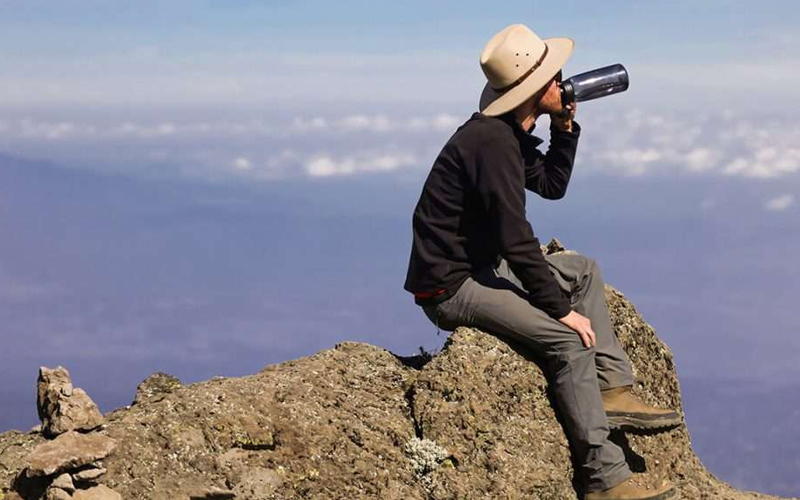
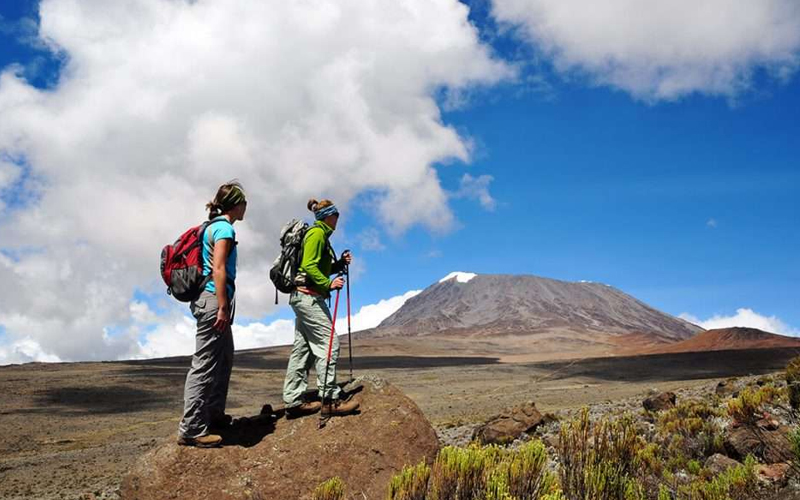
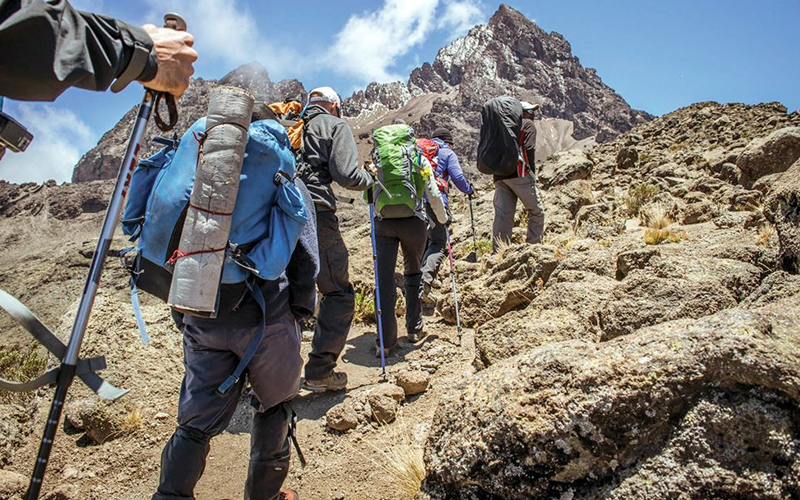
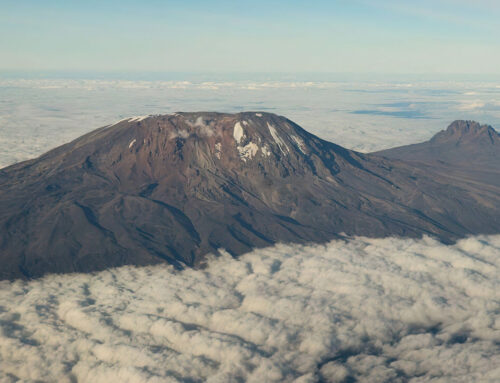
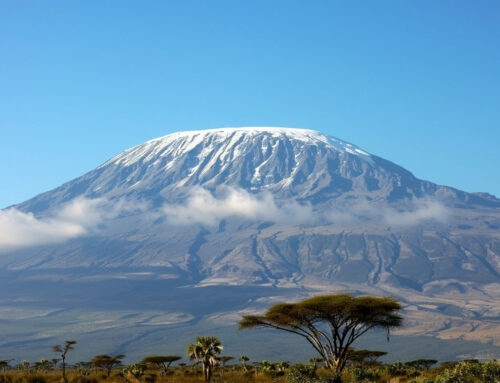
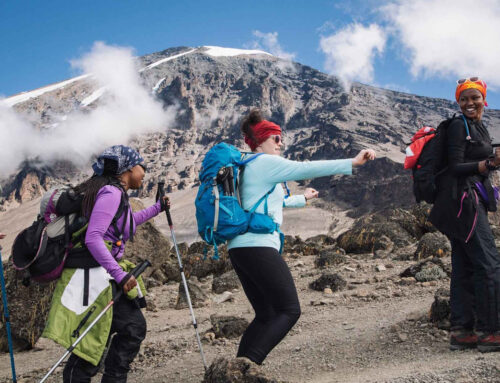

Leave A Comment